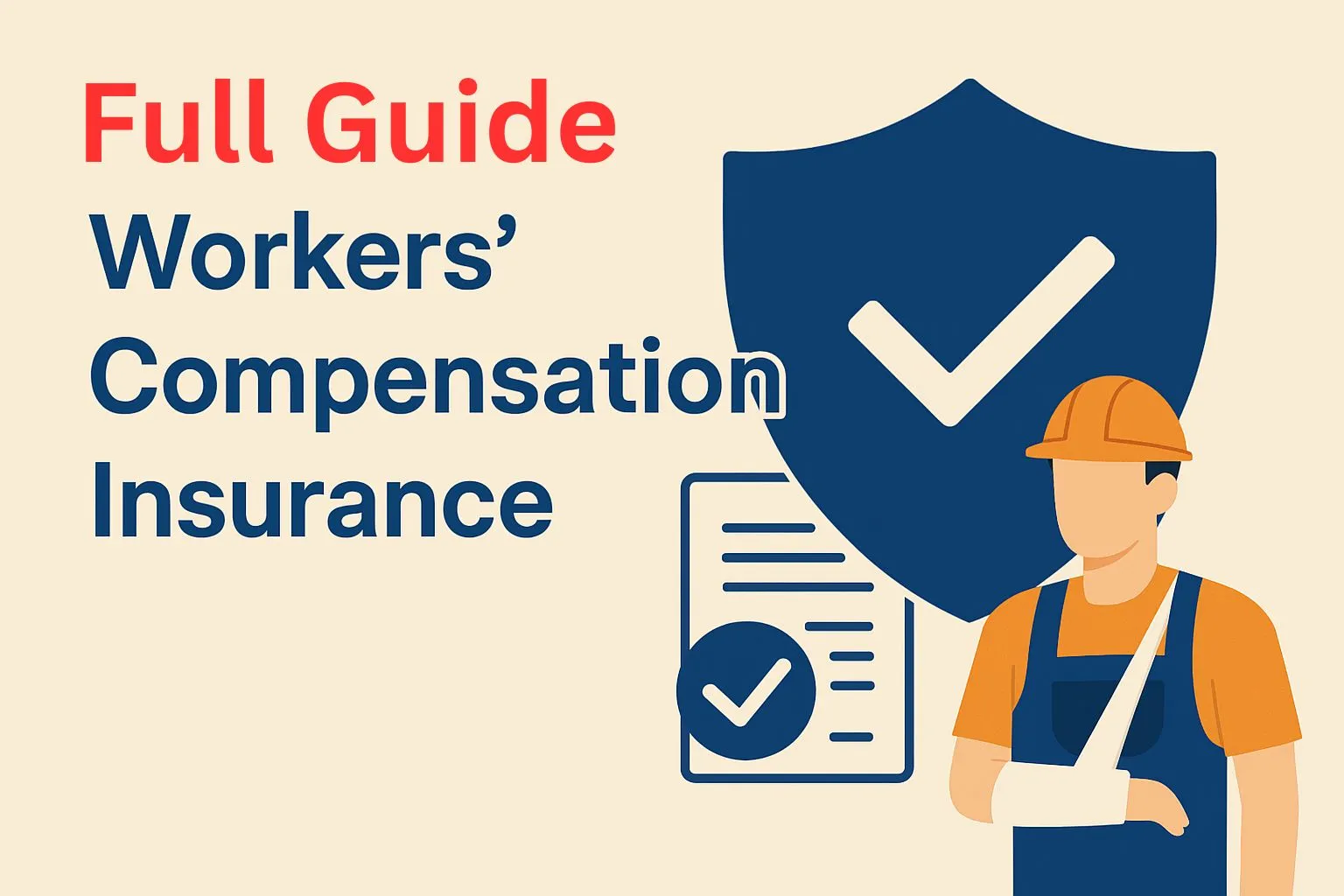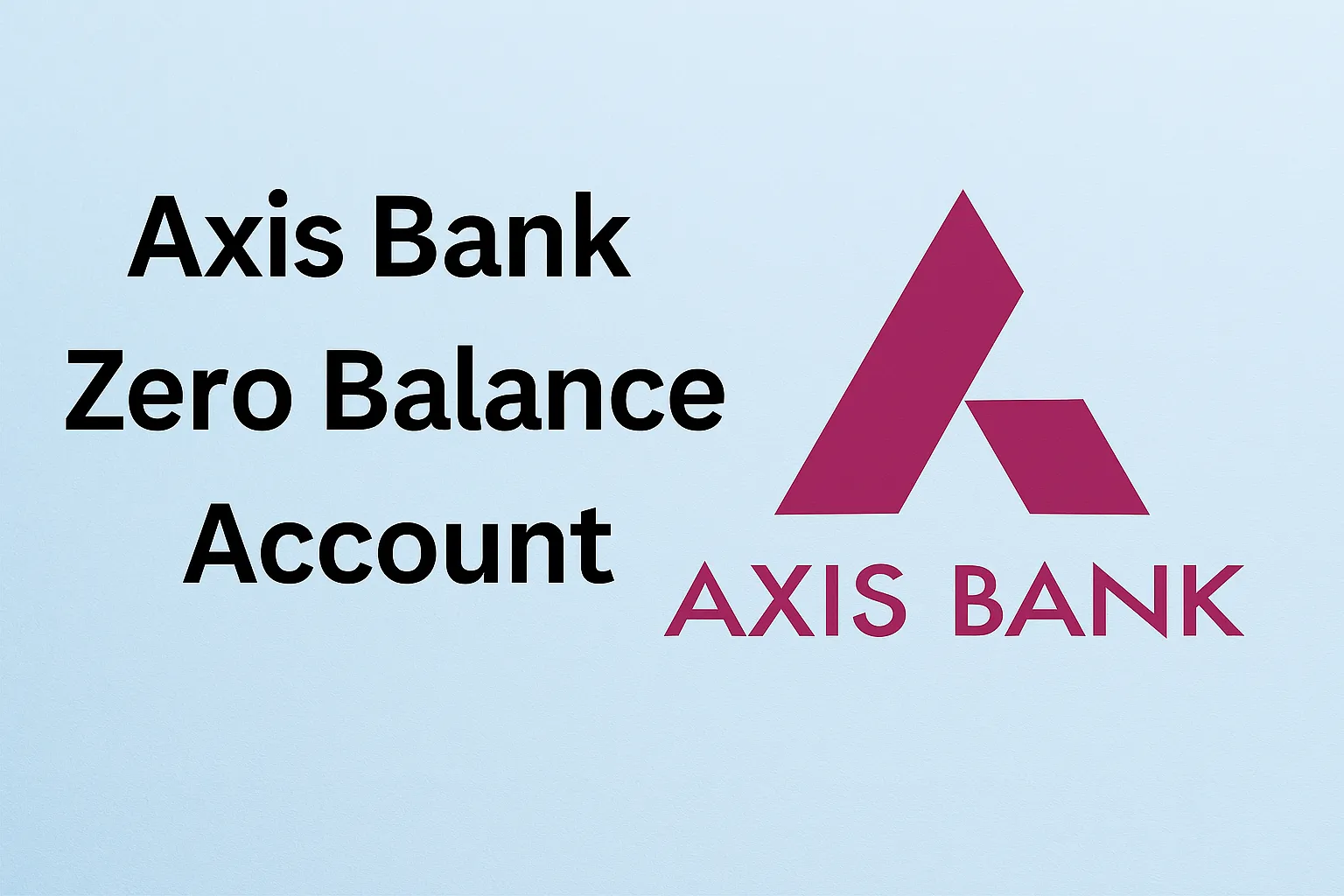Workers’ compensation insurance protects employees and businesses in case of work-related injuries or illnesses. Learn what it is, why it matters, and where to get it.
What is Workers’ Compensation Insurance?
Workers’ compensation insurance, often called “workers’ comp,” is a type of insurance that provides financial protection for both employees and employers when a work-related injury or illness occurs. It helps pay for medical bills, lost wages, rehabilitation, and more if an employee gets hurt on the job.

This insurance also protects business owners from costly lawsuits. In most states, it’s a legal requirement if you have employees. Even if it’s not required in your state, having workers’ comp is a smart business decision.
Why is Workers’ Comp So Important?
Every job comes with risks, whether you’re working in construction or sitting behind a desk. Accidents happen. If an employee slips, falls, strains a muscle, or suffers from repetitive stress, they may need time off and medical care.
Workers’ compensation provides peace of mind:
- For employees: They know they’ll be taken care of without needing to pay out of pocket.
- For employers: They avoid legal claims and show employees they care about their well-being.
Failing to carry this insurance can result in legal penalties, fines, and the risk of paying claims directly.
What Does Workers’ Comp Cover?
Here are the common things covered by workers’ compensation insurance:
1. Medical Expenses
Covers treatment costs for injuries or illnesses sustained on the job. This includes hospital bills, doctor visits, surgeries, and medication.
2. Lost Wages
If an employee can’t work due to injury, the policy can replace a portion of their income during recovery.
3. Rehabilitation Costs
This includes physical therapy or retraining programs if the worker needs to learn new skills to return to work.
4. Disability Benefits
In the case of partial or total disability, workers’ comp can provide long-term financial support.
5. Death Benefits
If an employee dies from a job-related incident, the policy may cover funeral expenses and provide financial support to their family.
What Isn’t Covered?
Workers’ comp does not cover every type of incident. Common exclusions include:
- Injuries that happen outside of work
- Accidents caused by drugs or alcohol
- Self-inflicted injuries
- Injuries to independent contractors (unless covered separately)
- Incidents caused by horseplay or violating company policy
Do You Need Workers’ Compensation Insurance?
If you own a business with employees, the answer is usually yes. Here’s a quick breakdown:
- Required by law in most U.S. states, even if you only have one part-time employee
- Sole proprietors and freelancers may be exempt, but can still benefit from coverage
- High-risk industries like construction, manufacturing, and healthcare are strongly encouraged to carry it
Check your state’s Department of Labor or workers’ comp board to understand the exact requirements.
How Much Does It Cost?
The cost of workers’ compensation insurance varies depending on:
- Your industry (high-risk jobs have higher premiums)
- Your state (each state has its regulations and rates)
- Number of employees and total payroll
- Your claims history (businesses with past claims may pay more)
On average:
- Businesses may pay between $0.75 to $2.74 per $100 of payroll
- Low-risk industries like consulting pay less
- High-risk jobs like roofing or logging pay more
How to Get Workers’ Compensation Insurance
Here are steps to get started:
1. Check Your State Requirements
Some states have government-run programs, while others allow private insurance providers. Make sure you’re compliant.
2. Compare Insurance Providers
Shop around and get quotes from different companies. Look for competitive rates and strong customer service.
3. Choose the Right Policy
Pick a policy that fits your team size, industry risk, and budget.
4. Set Up Your Policy
Work with an agent or use an online platform to finalize coverage. Provide employee info, payroll, and your business type.
5. Maintain Compliance
- Keep injury logs (OSHA requirement)
- Post notices about workers’ comp rights in the workplace
- File claims immediately when incidents happen
Trusted Companies That Offer Workers’ Compensation Insurance
Here are some reputable providers to consider:
1. The Hartford
- Great for small businesses
- Easy claim filing
- Customizable policies
2. Travelers Insurance
- One of the largest insurers
- Excellent support for injured workers
3. AmTrust Financial
- Affordable for mid-sized businesses
- Strong risk management tools
4. State Farm
- Local agents and good customer service
- Trusted brand for general business insurance
5. NEXT Insurance
- 100% online and fast to set up
- Ideal for startups and solo entrepreneurs
Benefits of Having Workers’ Comp Insurance
- Avoid out-of-pocket medical or legal costs
- Improve employee morale and trust
- Maintain legal compliance
- Protect your business’s reputation
In a nutshell, it’s a win-win. Employees feel safe. Employers feel secure.
Final Thoughts: Don’t Risk It—Get Protected
Workers’ compensation insurance is a small price to pay for peace of mind. It’s more than just a legal requirement—it’s a sign that you care about your team.
Whether you’re just starting your business or expanding your workforce, make sure you have the right coverage in place. Protect your people. Protect your future.








